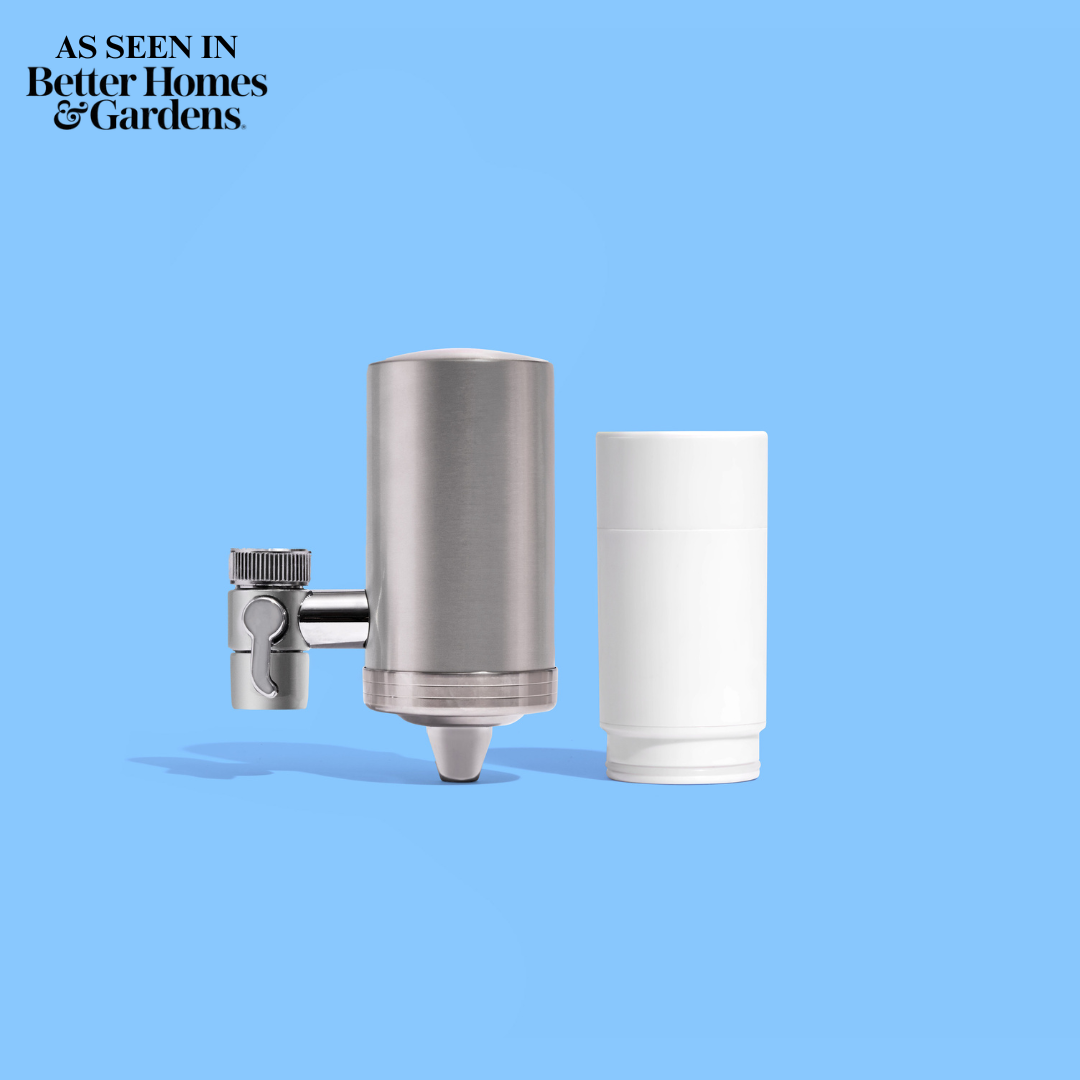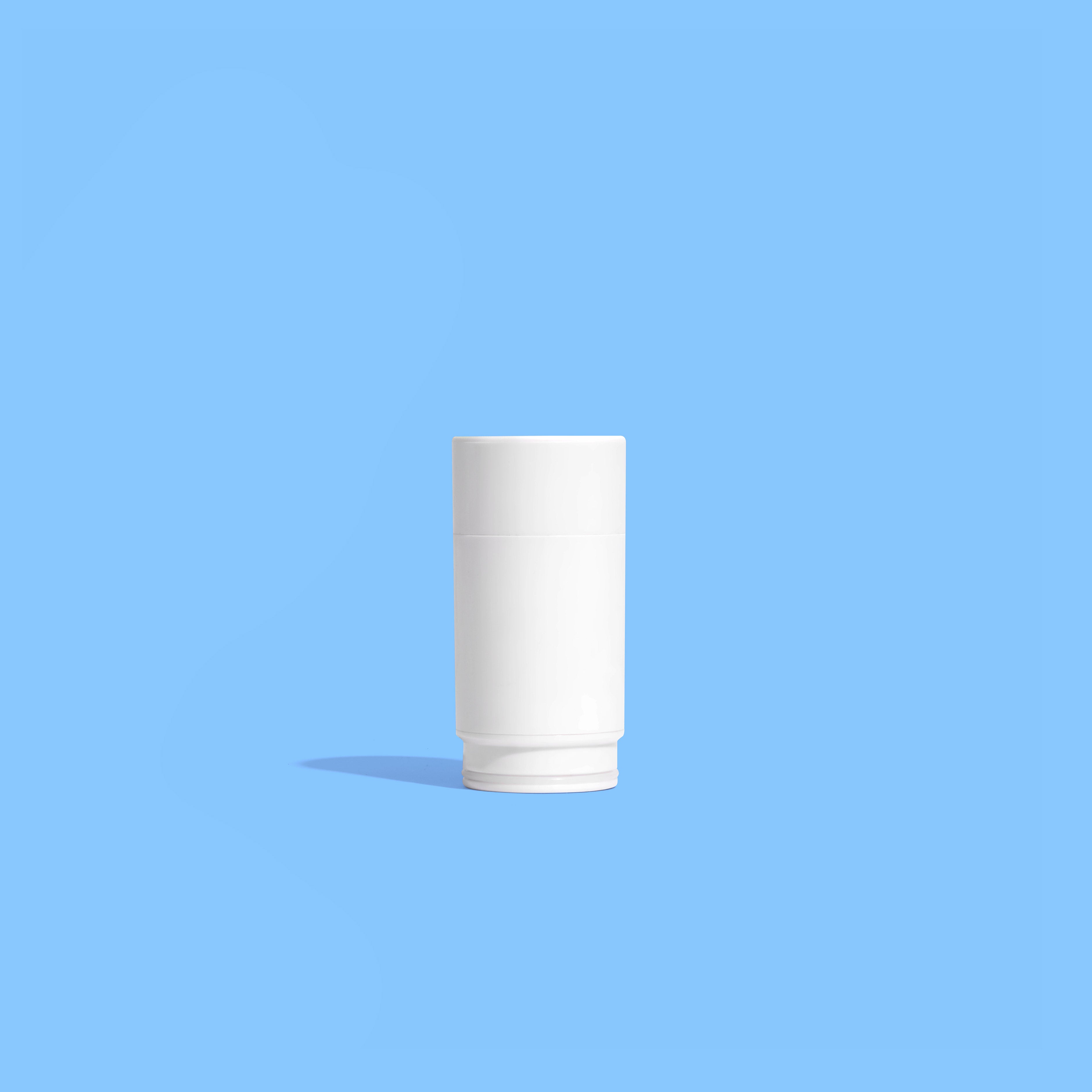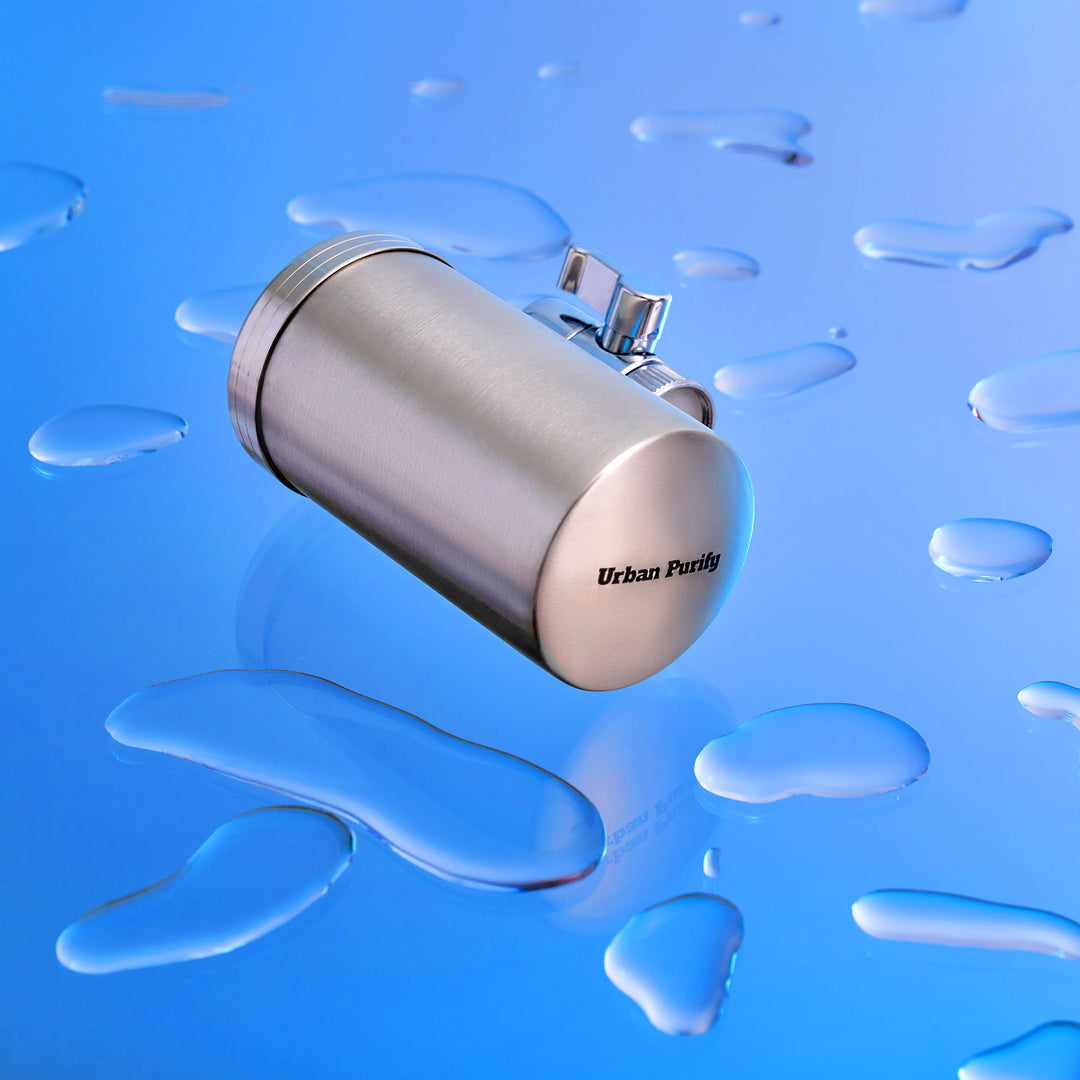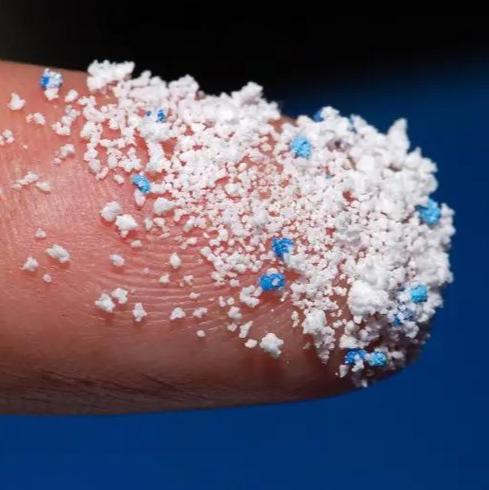Understanding Water Contaminants and How They Affect Your Health
Clean water is essential for our health and wellbeing, yet many of us unknowingly consume contaminants through our tap water daily. In this article, we’ll explore the most common water contaminants, how they can impact your health, and what you can do to ensure safer, purer water for your family. At Urban Purify, we’re committed to helping you make informed choices about water filtration and health.
1. What Are Water Contaminants?
Water contaminants are substances that can be found in drinking water and affect its quality, taste, and safety. Contaminants can come from natural sources, industrial processes, agricultural activities, and outdated infrastructure. The Environmental Protection Agency (EPA) categorises these contaminants into four main groups: biological, chemical, physical, and radiological contaminants.
2. Types of Common Water Contaminants
- Chlorine and Chloramine
- Used as disinfectants, chlorine and chloramine kill harmful bacteria in water. However, long-term exposure to these chemicals has been linked to skin irritation and respiratory issues.
- Fact: Studies by the American Journal of Epidemiology have shown a connection between long-term exposure to chlorinated water and certain bladder cancers.
- Lead
- Lead can enter drinking water through aging pipes and plumbing systems. No amount of lead exposure is safe, especially for children, as it affects cognitive development and can cause kidney damage in adults.
- Fact: The CDC warns that even low levels of lead in children’s blood can affect IQ, attention, and academic achievement.
- Microplastics
- Microplastics are tiny plastic particles found in many water sources due to plastic pollution. Consuming microplastics has raised concerns about potential health impacts, such as hormone disruption.
- Fact: A study published in Environmental Science & Technology estimates that people consuming only bottled water may ingest up to 90,000 microplastic particles per year.
- Pesticides and Herbicides
- Runoff from agriculture often contaminates groundwater and local rivers, bringing pesticides into the water supply. Pesticides can have significant endocrine-disrupting effects, affecting hormonal health.
- Fact: The World Health Organisation reports that pesticide exposure has been linked to reproductive and immune system issues, particularly in rural areas with high pesticide usage.
- Heavy Metals (Mercury, Arsenic, and Cadmium)
- These toxic metals enter water supplies through industrial waste and natural deposits. Consuming even small amounts over time can increase the risk of cancer, liver damage, and nervous system issues.
- Fact: According to the National Institutes of Health, arsenic is associated with an increased risk of lung, skin, and bladder cancers.
3. Health Risks Linked to Water Contaminants
Contaminated water can have various health effects, depending on the type and amount of contaminant present. Here are some of the potential long-term health risks:
-
Cancer
Many contaminants, including arsenic, microplastics, and chlorine byproducts, are classified as carcinogens and have been associated with increased cancer risk. -
Hormonal and Reproductive Issues
Pesticides, herbicides, and microplastics are known endocrine disruptors, meaning they can interfere with hormone balance and reproductive health. -
Neurological Disorders
Heavy metals like lead and mercury can affect cognitive functions, especially in children, potentially leading to developmental delays and other neurological issues. -
Gastrointestinal and Immune Issues
Bacteria, viruses, and parasites in water can cause immediate digestive problems, while contaminants like chlorine can reduce the immune system’s resilience over time.
4. How Can You Protect Your Health from Water Contaminants?
Protecting yourself and your family from these harmful contaminants requires a reliable water filtration solution. Here are key methods for reducing water contamination:
-
Invest in a Quality Water Filter
Urban Purify's Stainless Steel Water Filter uses advanced filtration technology to effectively remove contaminants while retaining essential minerals. This filter combines granulated activated carbon (GAC) and ultrafiltration (UF) to purify up to 2,000 litres of water, lasting up to three months for large families. -
Test Your Water
Test your water periodically to know what specific contaminants are present. This helps in choosing the right filter for your needs. Local water testing kits are available, or you can consult with your water provider for reports. -
Avoid Bottled Water
Bottled water is often marketed as pure, but studies show it may contain microplastics and other contaminants. Opting for a home filtration solution reduces reliance on bottled water and lessens plastic waste.
5. Why Urban Purify’s Water Filter Is the Right Choice
Urban Purify’s Stainless Steel Water Filter is designed for today’s concerns. Not only does it remove harmful contaminants like lead, chlorine, pesticides, and heavy metals, but it also supports overall health by preserving beneficial minerals. Here are a few benefits:
- Long-lasting Filtration: Serves large families with up to three months or 2,000 litres of clean water per cartridge.
- Multi-Use Purity: Ideal for drinking, cooking, washing produce, and even skincare, helping you avoid contaminants in every area of your life.
- Affordable and Eco-Friendly: Reduces reliance on single-use plastics and cuts down on bottled water costs, benefiting both your budget and the planet.
Your tap water may contain hidden contaminants that could impact your health over time. With the right information and a reliable filtration system, you can take proactive steps to protect yourself. Urban Purify is dedicated to providing advanced, effective solutions for clean, safe, and affordable water for all. Discover the difference with Urban Purify’s Stainless Steel Water Filter and experience the benefits of cleaner, healthier water every day.









Leave a comment